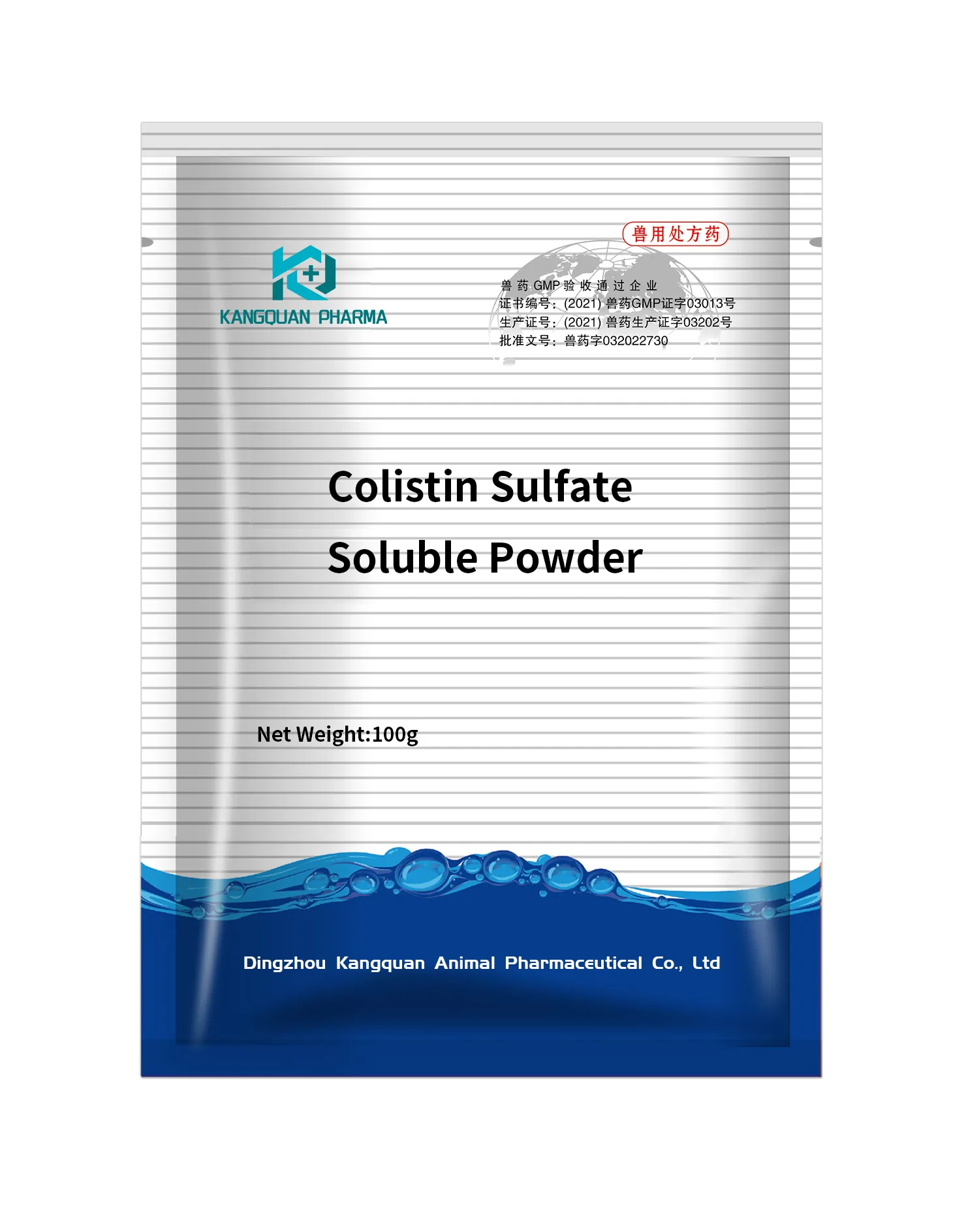- Afrikaans
- Albanian
- Amharic
- Arabic
- Armenian
- Azerbaijani
- Basque
- Belarusian
- Bengali
- Bosnian
- Bulgarian
- Catalan
- Cebuano
- Corsican
- Croatian
- Czech
- Danish
- Dutch
- English
- Esperanto
- Estonian
- Finnish
- French
- Frisian
- Galician
- Georgian
- German
- Greek
- Gujarati
- Haitian Creole
- hausa
- hawaiian
- Hebrew
- Hindi
- Miao
- Hungarian
- Icelandic
- igbo
- Indonesian
- irish
- Italian
- Japanese
- Javanese
- Kannada
- kazakh
- Khmer
- Rwandese
- Korean
- Kurdish
- Kyrgyz
- Lao
- Latin
- Latvian
- Lithuanian
- Luxembourgish
- Macedonian
- Malgashi
- Malay
- Malayalam
- Maltese
- Maori
- Marathi
- Mongolian
- Myanmar
- Nepali
- Norwegian
- Norwegian
- Occitan
- Pashto
- Persian
- Polish
- Portuguese
- Punjabi
- Romanian
- Russian
- Samoan
- Scottish Gaelic
- Serbian
- Sesotho
- Shona
- Sindhi
- Sinhala
- Slovak
- Slovenian
- Somali
- Spanish
- Sundanese
- Swahili
- Swedish
- Tagalog
- Tajik
- Tamil
- Tatar
- Telugu
- Thai
- Turkish
- Turkmen
- Ukrainian
- Urdu
- Uighur
- Uzbek
- Vietnamese
- Welsh
- Bantu
- Yiddish
- Yoruba
- Zulu
10 月 . 01, 2024 13:47 Back to list
Colistin Sulfate and Its Role in Combating Antibiotic Resistance
The Role of Colistin Sulfate in Modern Medicine and its Implications
Colistin sulfate, a polymyxin antibiotic, has gained renewed attention in recent years due to the growing crisis of antibiotic resistance. Originally developed in the 1950s, it was used primarily to treat infections caused by Gram-negative bacteria. However, with advancements in medical science and the emergence of newer antibiotics, colistin faded into the background for several decades. Recent trends in antibiotic resistance, particularly among pathogens like Escherichia coli and Klebsiella pneumoniae, have brought colistin sulfate back into the spotlight.
Mechanism of Action
Colistin sulfate acts primarily by disrupting the bacterial cell membrane. It does so by binding to the lipopolysaccharides in the outer membrane of Gram-negative bacteria, which leads to increased permeability and ultimately, cell death. The efficacy of colistin sulfate is particularly noted in treating infections caused by multidrug-resistant (MDR) organisms. This mechanism of action makes it a potent option for severe infections; however, its use is accompanied by potential nephrotoxicity and neurotoxicity, necessitating careful patient monitoring.
Clinical Applications
The resurgence of colistin sulfate in clinical settings is primarily attributed to the rise in infections caused by multidrug-resistant bacteria. In the last decade, colistin has been reserved for serious infections when other antibiotics have failed. Hematology, oncology, and intensive care units frequently rely on it to manage nosocomial infections, especially in immunocompromised patients. Colistin sulfate is often combined with other antibiotics to enhance its efficacy and broaden the spectrum of activity.
Ongoing Resistance Challenges
colistin sulfate

Despite its re-emergence, the use of colistin sulfate is not without complications. The overuse and misuse of colistin in both human and veterinary medicine have led to the emergence of colistin-resistant strains of bacteria. One alarming development has been the identification of the mcr-1 gene, which confers resistance to colistin and can be easily transferred between bacterial species. The presence of this gene in bacteria has raised serious public health concerns as it can potentially undermine the effectiveness of this last-resort antibiotic.
Monitoring and Regulation
Due to the potential risks associated with colistin sulfate, careful monitoring and regulation are essential. Healthcare institutions are encouraged to adopt stewardship programs to optimize antibiotic use, including colistin sulfate. These programs focus on educating healthcare professionals about appropriate prescribing practices and the importance of using antibiotics judiciously to mitigate the risk of resistance development.
Future Directions
Looking ahead, research is paramount in addressing the challenges presented by colistin sulfate and its associated resistance. Investigating alternative treatment regimens, novel formulations, and combination therapies could pave the way for more effective management of multidrug-resistant infections. Furthermore, the development of new antibiotics with different mechanisms of action remains crucial in our arsenal against resistant bacteria.
Conclusion
Colistin sulfate is a vital tool in the fight against multidrug-resistant infections. While its reintroduction in clinical practice offers a promising solution for treatment failures in severe bacterial infections, the risks of resistance and toxicity demand cautious application. As antibiotic resistance continues to evolve, ongoing research and responsible antibiotic stewardship will be critical in ensuring that colistin sulfate remains a viable option for future generations of patients. The medical community must strike a balance between effective treatment and the preservation of antibiotic efficacy. In doing so, we can help secure a healthier future for patients facing the consequences of antibiotic resistance.
-
The Power of Radix Isatidis Extract for Your Health and Wellness
NewsOct.29,2024
-
Neomycin Sulfate Soluble Powder: A Versatile Solution for Pet Health
NewsOct.29,2024
-
Lincomycin Hydrochloride Soluble Powder – The Essential Solution
NewsOct.29,2024
-
Garamycin Gentamicin Sulfate for Effective Infection Control
NewsOct.29,2024
-
Doxycycline Hyclate Soluble Powder: Your Antibiotic Needs
NewsOct.29,2024
-
Tilmicosin Premix: The Ultimate Solution for Poultry Health
NewsOct.29,2024













